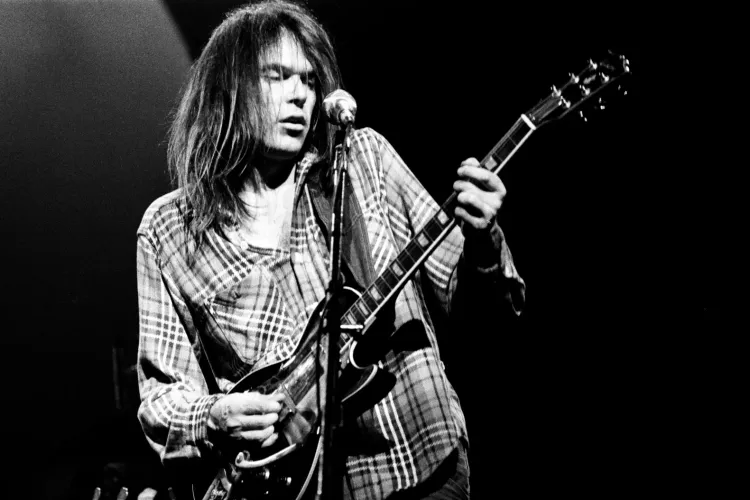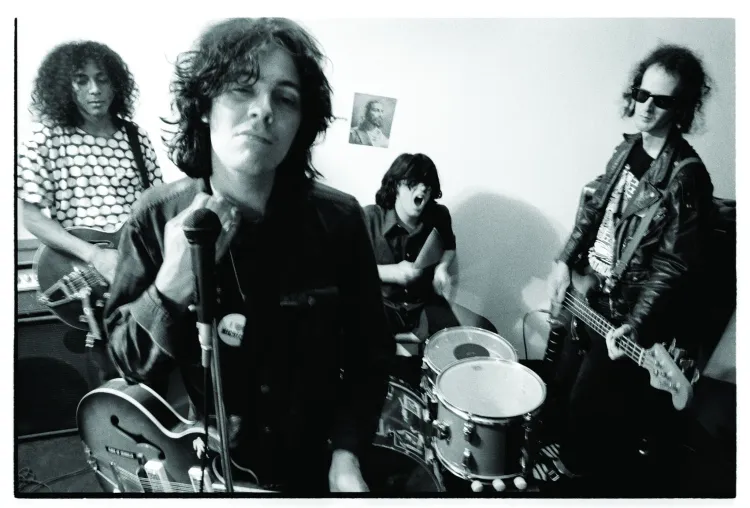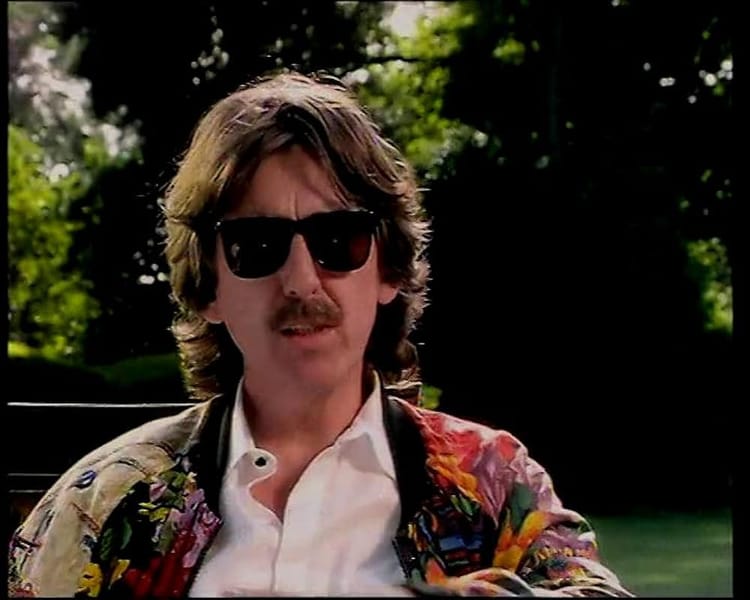A Mea Culpa For Still Using Spotify (Assuming I Do!)
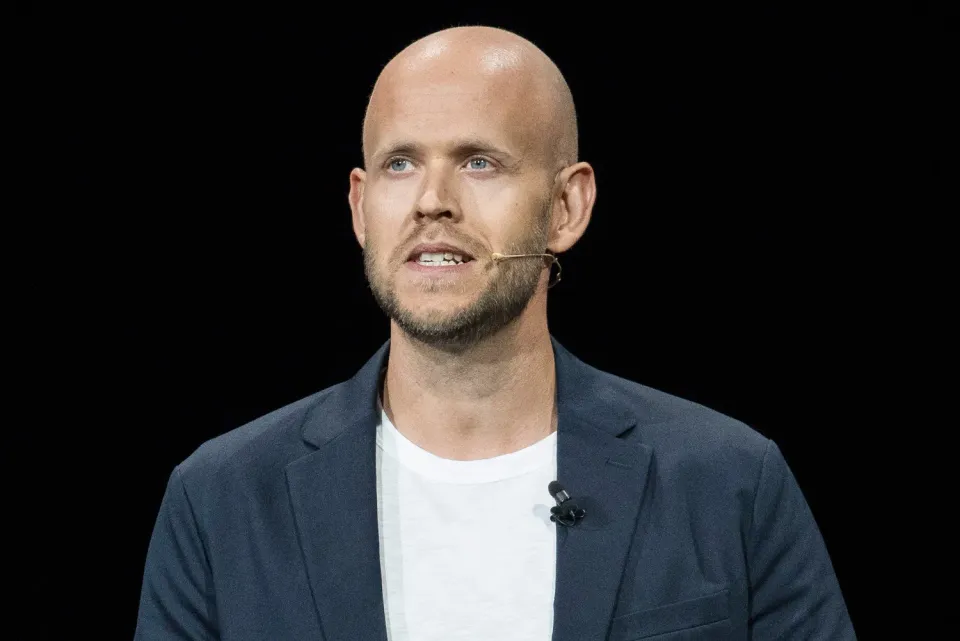
It’s possible this post, a laborious explanation of why I still use Spotify at home and on this blog, will be moot in a week. I wouldn’t put it past CEO Daniel Ek to reveal he’s turning Epstein’s island into a missile silo run by malnourished kittens on treadmills. Maybe The Beggars Group, or some other major-minor music distributor, will scream “enough!” and pull their wares from the service. It’s quite possible I’ll soon find the app too uniquely grotesque to even nominally promote, or that a wave of abdication from artists and labels will occur and make the user experience truly wack. I’m certainly rooting for the latter! But it’s also possible that I’ll remain in this nether-zone of sure as shit not being proud to use the app, but not particularly impressed by the alternatives. So I might as well lay out the logic, one last time. In the future, I can just link to this, rather than regurgitate the sentiments at the top of a How I Like Crazy Frog playlist post.
I’m all for artists taking control of their work. I think it’s fantastic that Deerhoof, King Gizzard, and others are choosing to pull their music from Spotify. If a club takes too much of a percentage from a band’s merch stand, the band shouldn’t sell merch there. That’s better than telling kids it would be cooler to buy this t-shirt direct from the band's website, but if they gotta be dicks and get it at the show, fine. You go on strike if a workplace is unfair. You refuse to work for monsters. You don’t clock in, put on the uniform, then tell people they suck for shopping there while tapping the tip jar. How can it be worse to be a consumer of Big Industry than a profit partner? If Spotify is siphoning royalties on tracks with low streaming rates, why would you provide them?

Asking consumers to care more about your income stream than you do is a fool’s game, and goes against every indie rock value I was raised on. Legendary label honchos like Mac McCaughan, Ian MacKaye, John Zorn, etc, should have to defend shortchanging their artists, if that’s what’s happening, long before consumers have to justify accessing the work the labels (and often artists themselves!) choose to provide. Whether you’re finding the cheapest legal deal when buying something, or taking every dollar you can get for your work, we’re in the same shitty socioeconomic boat. And if you deserve better than you’ve got, it isn’t wise to expect your neighbor to care more, and put in more effort, than you do to get it. (Which isn’t to say caring and doing more for your neighbor isn’t wonderful. If you can do without Spotify, or Amazon, or any other parasitic company, that’s great. It’s always worth looking critically at your economic choices and seeing where there’s room to do better by others, as well as yourself. That’s certainly my intent here.)
But what about all the acts who don’t have control of their music, whether due to dubious contractual decisions made decades ago or actual malfeasance on the part of those with the power, and/or the masters? This is why I support music unions and collective efforts to reclaim these rights. While I thought it was awesome when Neil Young and Joni Mitchell removed their albums from Spotify over Joe Rogan (and respect when they returned, realizing competitors profit just as much off vaccine misinformation), I wish they’d made more of an effort to acknowledge peers who have to make chintzy re-recordings of earlier work if they want any authority over them. Not everyone is a commercially recognized Mount Rushmore-level creative genius with well-paid industry sharks in their corner, making sure nobody fucks with their life’s work (unless providing an eight figure check for the privilege). Stars like this could do a lot to publicize legislative efforts and negotiations over industry practices regarding legacy acts and catalog recordings.
I don't know if Young's stance on musician unions has changed since...whatever this was.
As a perusal of my earlier playlists on the blog will reveal, I always make sure that I’m either encouraging further exploration of a large body of work, or that the artist can afford me undermining the value of that. Spoon? I made an LP length playlist with about one song an album, intended to whet rather than sate the appetite. Les Savy Fav? Mountain Goats? Same kinda thing, with “Not a best-of! Buy their albums.” listed on the playlist description. True, I also made a hypothetical 2LP of all the ‘70s Lou Reed I need that isn’t on the two albums I think are worth owning. But Reed’s dead after decades on a major, his widow playing an electric violin made of gold (in theory) when not chatting to his AI (in actuality). Beck and AC/DC, while alive, can also afford playlists that suggest I didn’t leave much gold in the related hills. (Honestly, when I think about the level of consideration I apply here, I feel like I should be able to call myself a "curator" with impunity. I care, dammit.)
Further proof I care: I also buy physical media, albeit usually after I’ve sussed the album’s quality via streaming. The funny thing is, if I find your underrated 2004 CD for three bucks used, you’re getting less than when I still play songs from it online because I’m too lazy to put the disc in the boombox (I have one! With a tape deck, no less!). But at least some mom & pop store got some money, right? It’s Bandcamp Friday as I post this, and I bought CDs from X and Dan Ex Machina today. I don’t buy MP3s, though. For decades, those have always felt too ephemeral to feel true ownership of, even before tech companies asked us to trade hard drives for cloud computing.
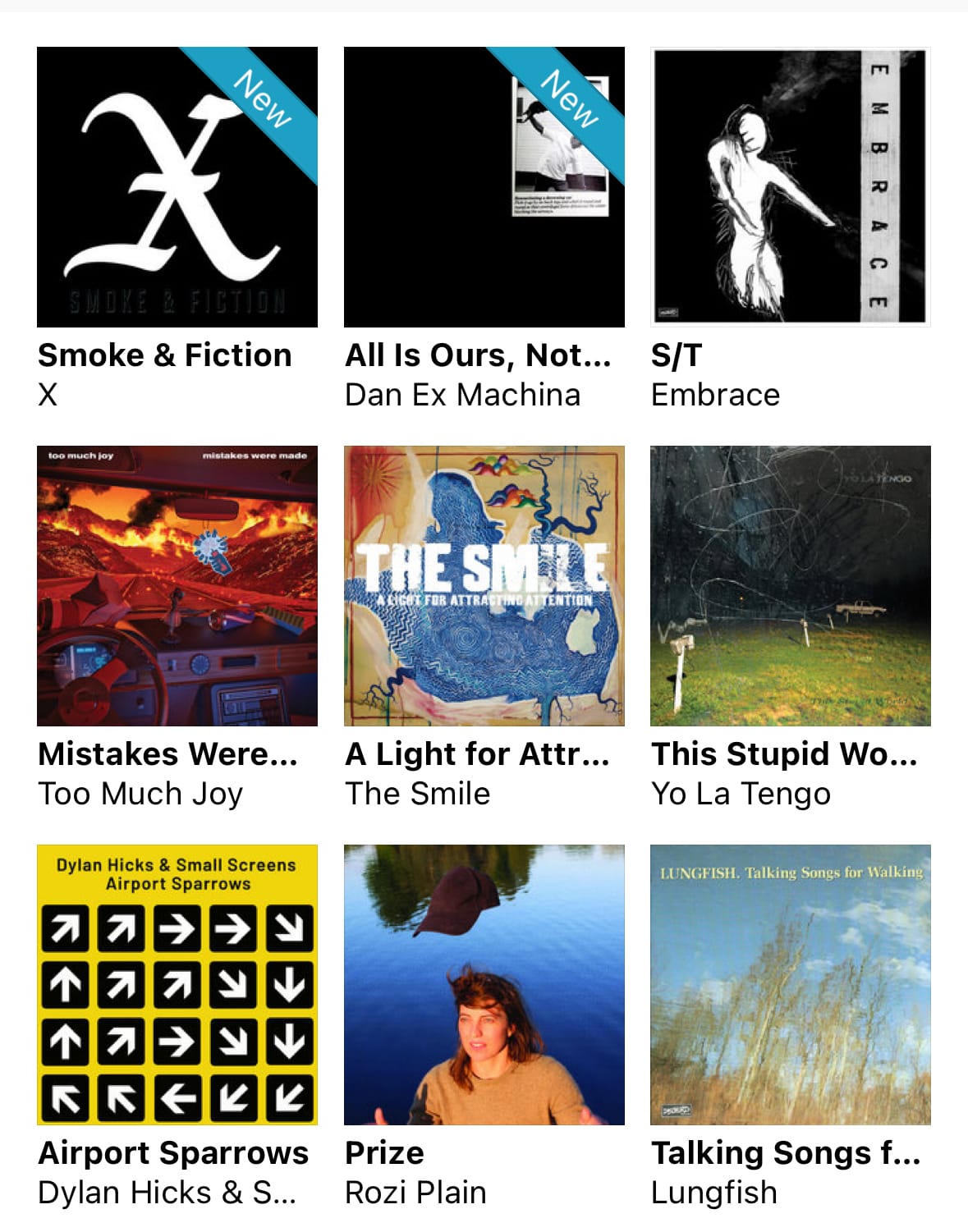
Ok, ok. Even if I’ve successfully dignified using online streaming as a playlisting and discovery tool, why am I using Spotify? Aren’t they paying artists a lower rate than Apple does? Isn’t that soulless Swede Ek positively horny for AI and military contracts? That’s disgusting! Untenable! And indeed, it should be. However, as with online misinformation, if you are grossed out by AI and military contracts, the last thing you should do is give more business to Apple, Amazon or Google. And as far as giving artists a decent royalty rate goes, do you realize that Apple and Google profit off the bootleg MP3s you store online? YouTube makes Google money from ads and subscription fees when you watch live concerts, albums that haven’t been uploaded legally, rips of music videos, fan montages, you name it. If artists don’t bother to demand videos are monetized for their benefit, they’re still monetized for the benefit of tech companies. Tech companies that also love AI and love working with the military. In a sense, everything Daniel Ek does that they don’t, is because they don’t have to. (An acknowledgement: Apple is fairly cagey about their relationship with the military. But they've notoriously fucked up people's mp3 catalogs by syncing them to streaming, and made every user own a U2 album. Never forget.)
Ok, ok, again. So I’ve dignified using Spotify compared to Apple Music or YouTube. But what about the little guys, like Tidal or Qobuz? They’ve got better sound! They pay better! Qobuz even pays humans to write for them! Indeed, they do. Tidal is owned by Jack Dorsey’s Block, which is also involved in bitcoin mining and lots of tech stuff, but not AI or military shit as far as I could tell. Qobuz is not the disgusting lovechild of Qdoba and Buzzworthy, but rather owned by Denis Thebaud, a bonafide classical music fan whose holding company is primarily involved with digital entertainment media. Though I’m cynical about companies that depend on a single entrepreneur keeping their nose clean and not selling to some monolith or less invested entrepreneur (see Bandcamp! See Pitchfork!), I can’t pretend these aren’t the most ethical options for music streaming today. If you use either of them (or just Bandcamp), good on ya.
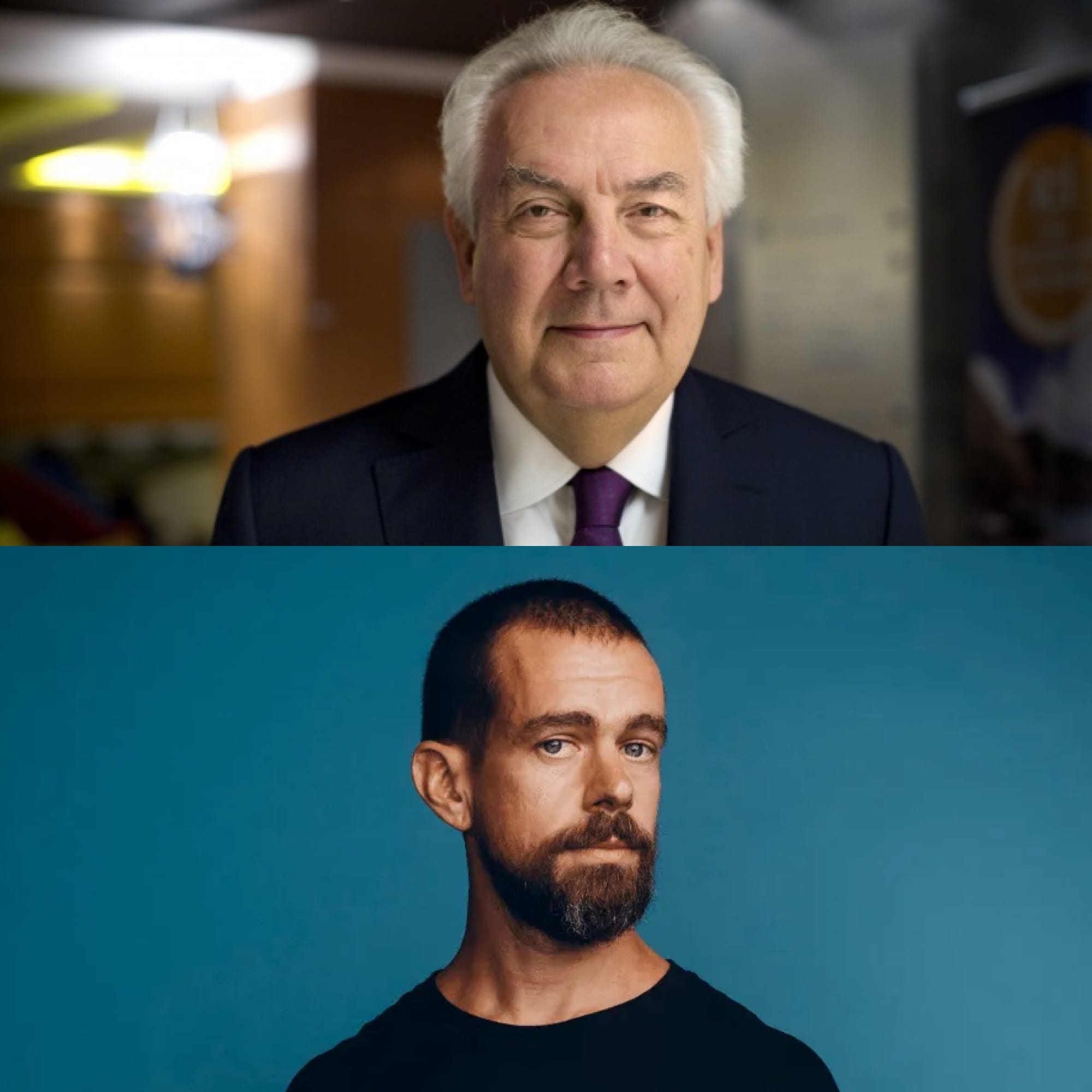
So why haven’t I jumped ship? Utility. A lack of confidence. My kid loves to listen to music through our Roku, and Qobuz isn’t on Roku. Neither is Tidal. I’ve also seen some grumbles about the relative lack of playlist searchability and accessing the apps through Apple CarPlay. Still, the music industry (even just the obscure, arty side!) could give one of these apps a vote of confidence, and devalue Spotify by abandoning it. That would be great. Or Tidal or Quboz could make clear they’re really hoping to match Spotify's UI and market share. That would also be great. But, until either happens, or Ek reveals plans more diabolical than Google’s, I’m just not convinced I wouldn’t be giving up convenience for a dubious, fragile sense of pride. Buying a Tesla once seemed like the right thing for Mother Earth, too, y’know.
I can't remember where I read this, but I swear I heard Gang of Four joked they signed to Warner Bros in the '70s because they preferred to work with a "late capitalist" label than an indie. As I think about music streaming, where we're forced to choose between products owned by men who dream of music making them tech giants, and products connected to tech giants so big that music is expendable, I have to wonder if a similar cynicism is required. But, as this post makes clear, I am wringing my hands. The situation indeed merits a mea culpa. And here it is, fellow rationalizers and captives of death-cult capitalism. You’re welcome.
Seriously, never forget.
If you think I'm missing some nuance, some detail, or the point entirely, you can write to me at anthonyisright at gmail dot com. But, truly, don't feel like you have to.
